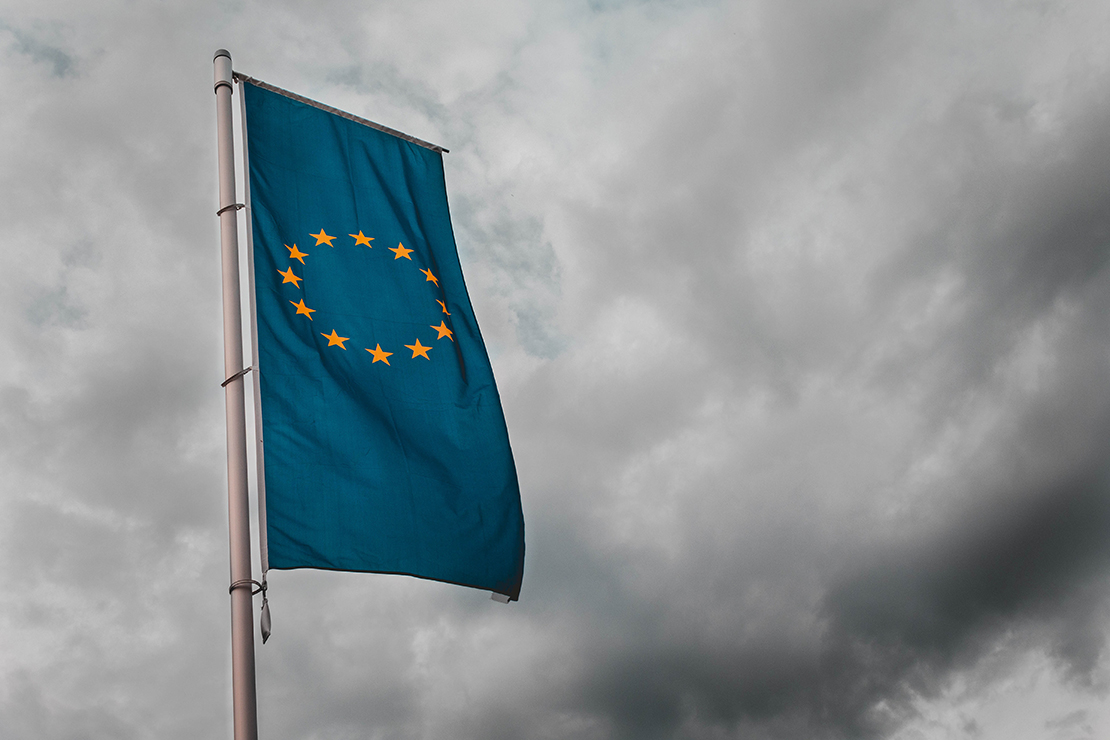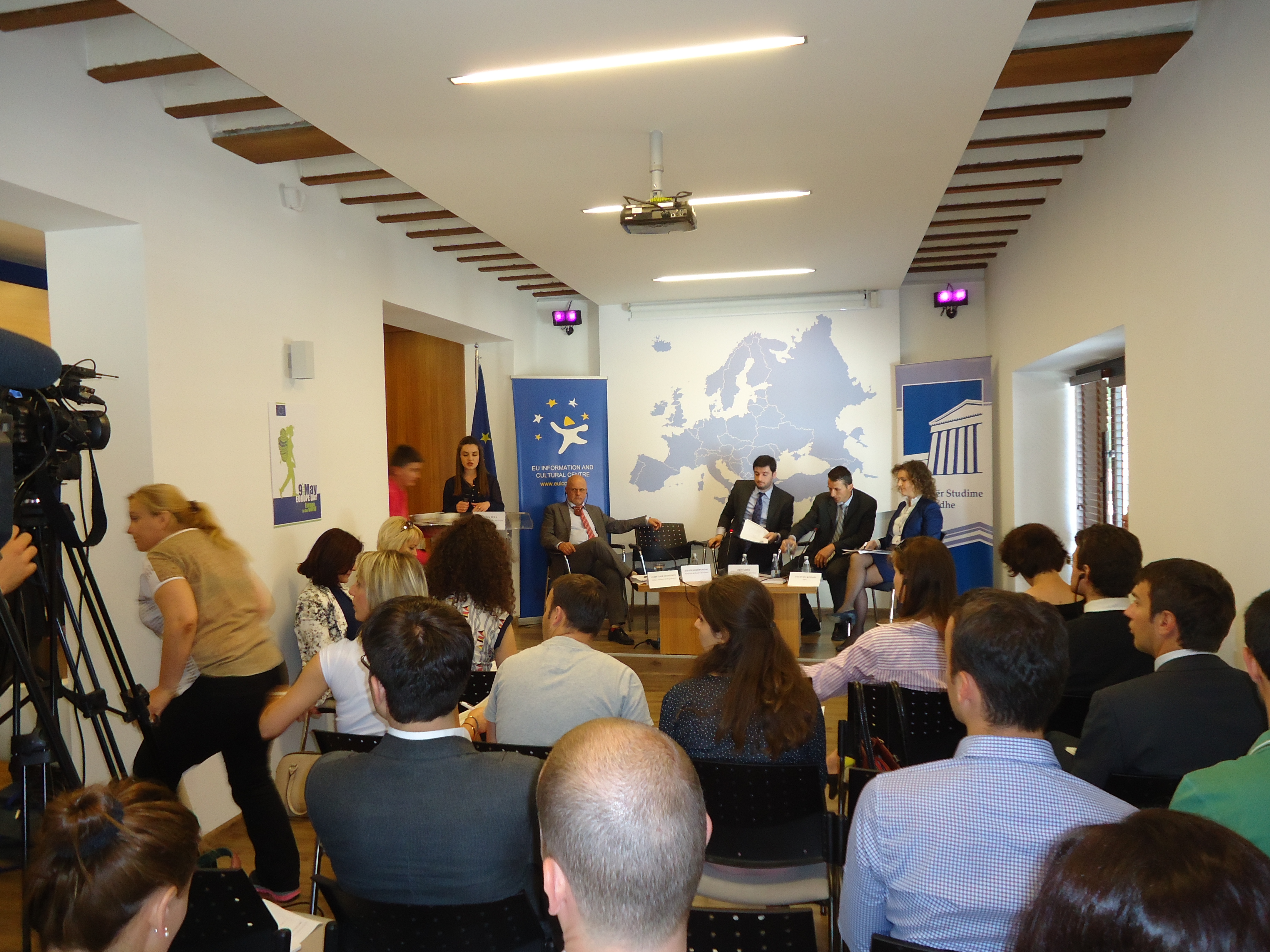On 21 May 2013, Group for Legal and Political Studies held a Panel Discussion on the following topic: ‘Financing of Political Parties in Kosovo: challenges with transparency and accountability’. The Panel Discussion opened with the presentation of a new GLPS Policy Report, written by Ms. Erëza Pula, Research Fellow at the Group, entitled ‘Financing of Political Parties in Kosovo: Can controllability and transparency help?’. The Policy Report provides an overview of the patterns of funding for political parties and electoral campaigns, identifies the main challenges vis-a-vis the application of the law on financing of political parties, and assesses the role of the Central Electoral Commission (CEC) with regard to promoting the financial transparency and accountability of political parties. The first section of the report analyzes the legal framework that governs party financing. The second section of the report analyzes the processes of funding political parties in Kosovo, by explaining the public grants and donations scheme and their reflection in the total annual budget of political parties. Specific attention is devoted to the violations and irregularities relating to political parties financing and funds. Finally, in the last section, the Policy Report delivers a set of recommendations that would enhance the monitoring of political party financing, increase the financial transparency of political parties and enhance the accountability of political parties. The Policy Report could be downloaded by clicking here.
Panelists in Attendance:
- Ms. Erëza Pula, Group for Legal and Political Studies;
- Mr. Agron Behrami, Anti-Corruption Agency;
- Mr. Lage Olofsson, Auditor General, Office of the Auditor General of Kosovo;
- Ms. Flutura Kusari, BIRN;
- Representatives from the parliamentary committees, government, civil society organizations, and foreign embassies and international institutions in Kosovo.
Moderated by:
Mr. Dren Doli, Group for Legal and Political Studies
“This activity was supported by a U.S. Embassy grant. The opinions, findings, and conclusions or recommendations expressed herein are those of the Author(s) and do not necessarily reflect those of the Department of State”
Share article
Latest Publications
April 24, 2024
Policy Analysis
Tracking Kosovo's Commitment: Monitoring Adherence to the Venice Commission Rule of Law Checklist in ...
April 8, 2024
Policy Analysis
Reflecting on the Third Year of Kurti II: Setbacks and Achievements in Rule of Law, Public Administr ...
March 22, 2024
Policy Analysis
Lost, “in the Twilight Zone” Rebutting the Court’s Blunder
Related Espresso Insights
March 4, 2024
Espresso.Insights
Passport Hangover: What’s next after Spain’s Kosovo breakthrough?

January 16, 2023
Espresso.Insights
Recognized but not supported: Hungary's stance on Kosovo's EU bid





